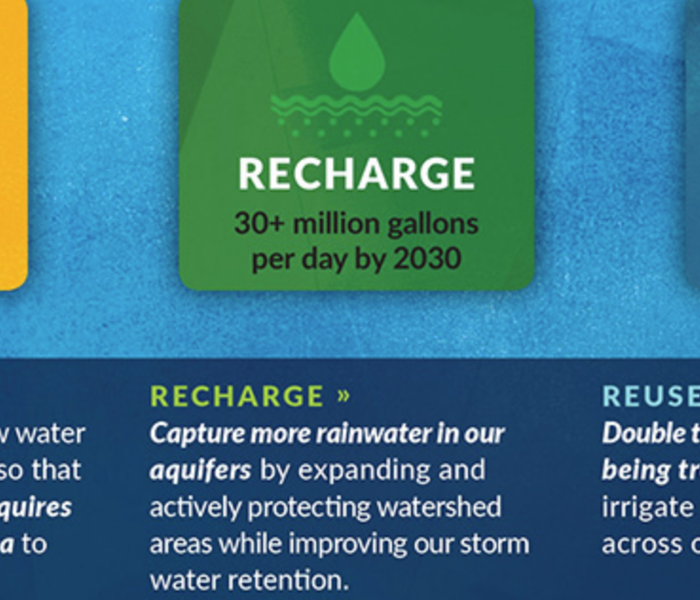Water Saving Tips for the Hot Summer Ahead
5/27/2020 (Permalink)
Last year we saw 45 record-breaking days in regard to temperature here in Honolulu. There has been a gradual increase in temperature for the last few year in the Hawai'i chain, and it is projected to be another hot summer in the coming weeks.
There is also an increase usage of water, since 2013 an average person in Hawai'i uses 164 gallons per day. In projection of the future, the county of Hawai'i wants us to kokua and try to lower our water usage down to 130 gallons per day. That is a total of 34 gallons that are needed to be cut from our daily lives. Here are some ways to cut down our water usage but also keeping in mind the upcoming warm weather:
- maintain your garden, be mindful of your weeds. Weeds are really pesky and it takes years for weeds to be eradicated from one's garden. Although it takes a long time it is in your utmost interest to take care of weeds. Start spot treating your garden by plucking weeds when they arise. Weeds grow at an exponential rate compared to other plants, although they have some good properties; they are unpleasant and hurt the aesthetics of your garden. They also use a lot of water taking from your plants, when you get rid of weeds you need less water to keep your yard space healthy.
- on topic of gardening or anything greenery, make sure you water your plants during the morning or evening. When you water your plants with the sun beaming on them the water will be more likely to evaporate. This is a waste of water and is not the most effective
-make sure that you water your plants when they need it, like us they are mostly water. With a whopping 90% of their body mass being water, water is crucial for their livelihood. They need water to photosynthesize, to stay hydrated, and to perform regular functions. It isn't necessary to keep a schedule for plants rather, when they look parched or it is due time. Learn more about your plants and the average weekly water intake.
- take short showers! One of the most re-iterated and easiest ways to reduce your water intake is by showering less. The average american uses about 17.1 gallons of water per shower that lasts about 8 mins. This is one of the main reasons why the Hawaiian average is so high. Taking this long of a shower actually can have adverse side effects. Some being the drying out of skin, skin aggravation from towel drying or over exfoliating (it is a thing!) and getting rid of the healthy bacteria before the overgrowth of bad bacteria.
- make sure that your house is in tiptop shape! a singular drip can make one lose about 5 gallons a day. When there are leaks in your house the drips will continual expound upon each other. If there are leaks, try to stop them as soon as possible. Or call professionals like us here at SERVPRO of East Honolulu. If you want to be extra cautious, flush some food coloring down your toilet tank, if it seeps into the bowl you have a leak.
- be a conscious member of your community. Be proactive and learn how to conserve your water sources as a community. Find your own average use of water, USGS has a free estimator to see how much water you use.
- find ingenious ways to replace water for conventional cleaning. This can be anything you do that uses water, try to cut down that water usage or replace it all together! This can be using a broom to clean your patio or garage instead of a hose or leaving out your food to defrost instead of using water.
- only run your dishwasher and washing machines only when it is full. This isn't only a water saver and most efficient it will save you a lot of money in the long run.
Here in Hawai'i the county expect at least 100 million more gallons to be used a day in the oncoming years. This can only happen if we are more cautious about our water usage. Look at your local websites, and city data for more information.






 24/7 Emergency Service
24/7 Emergency Service
